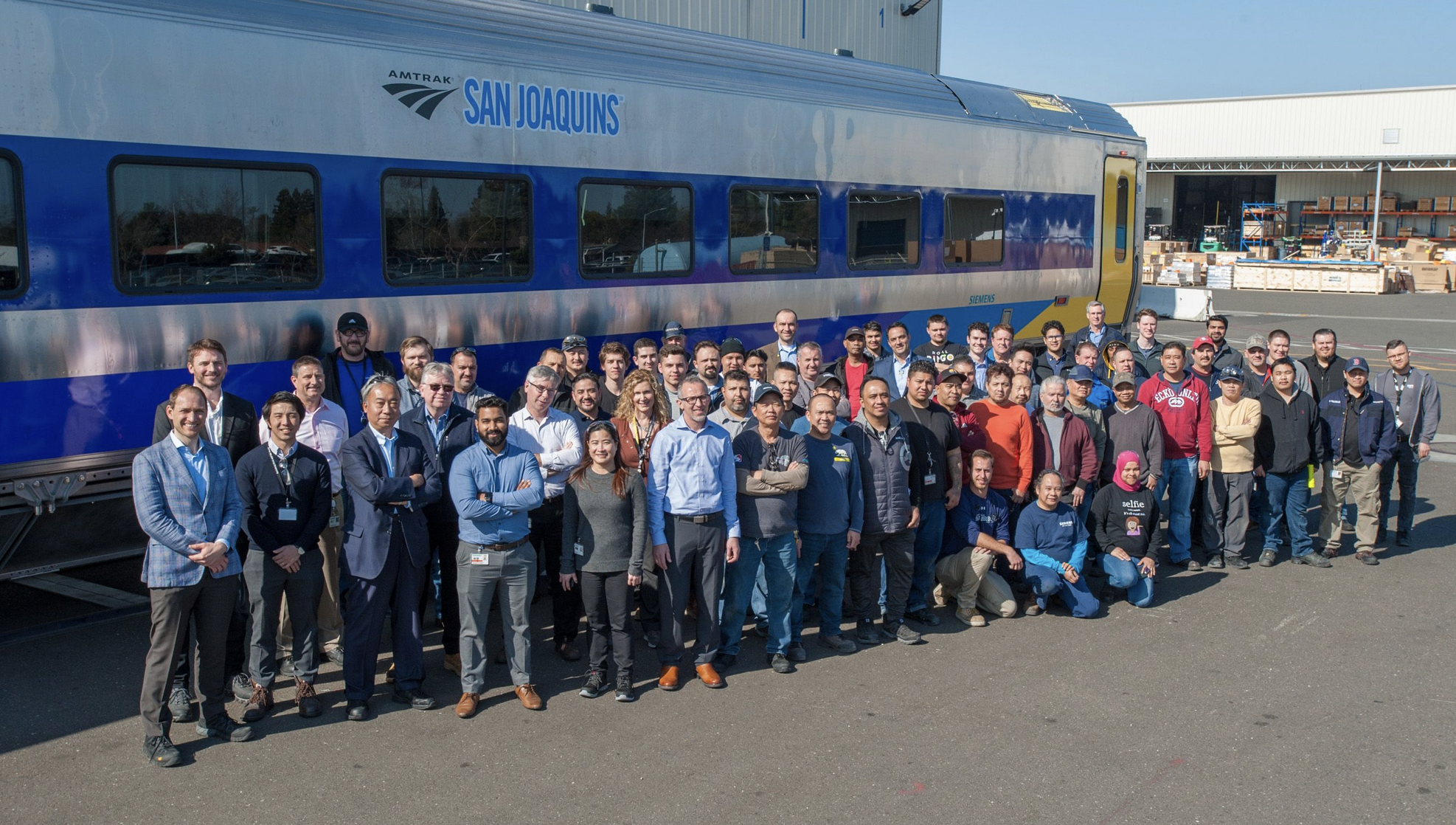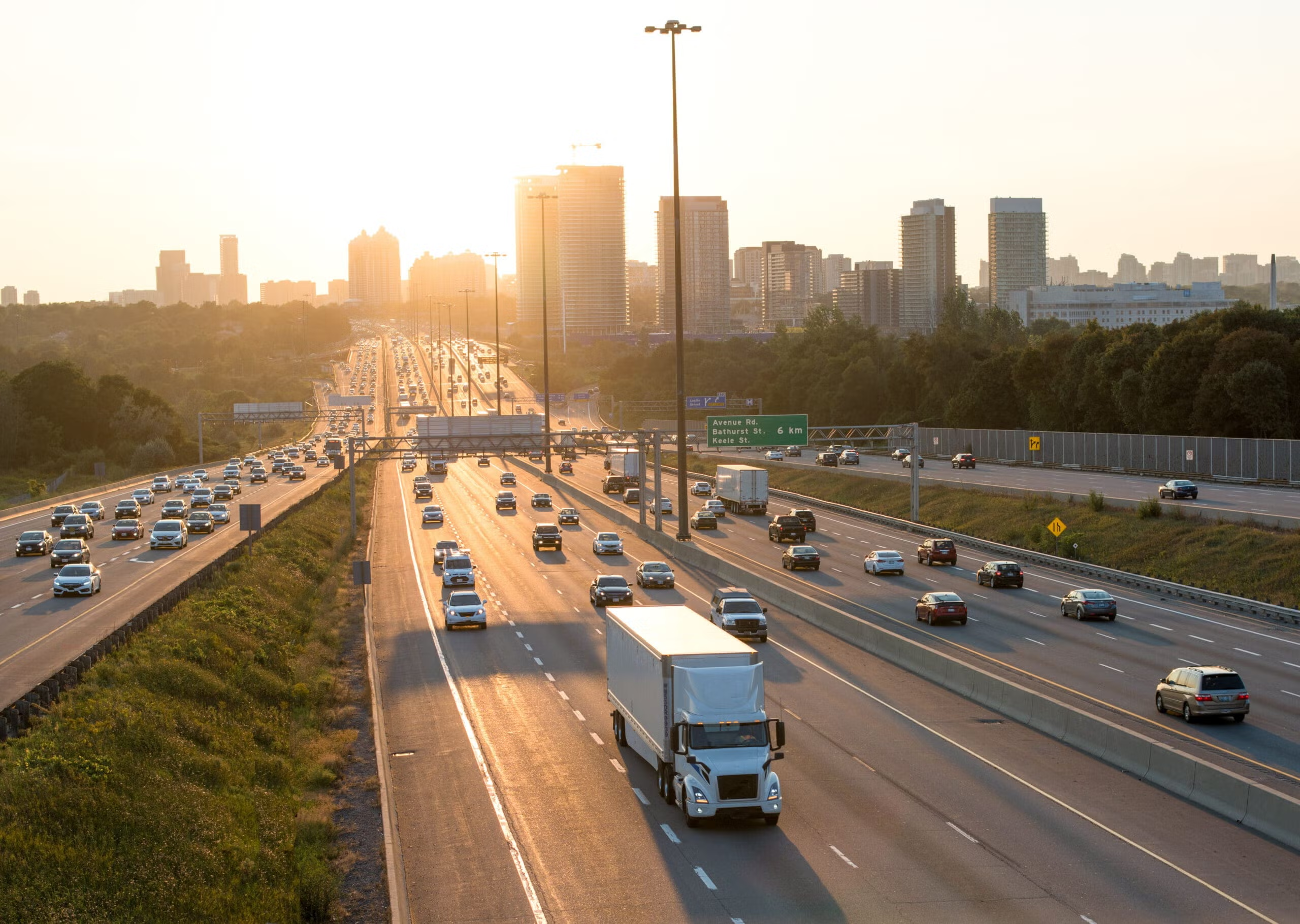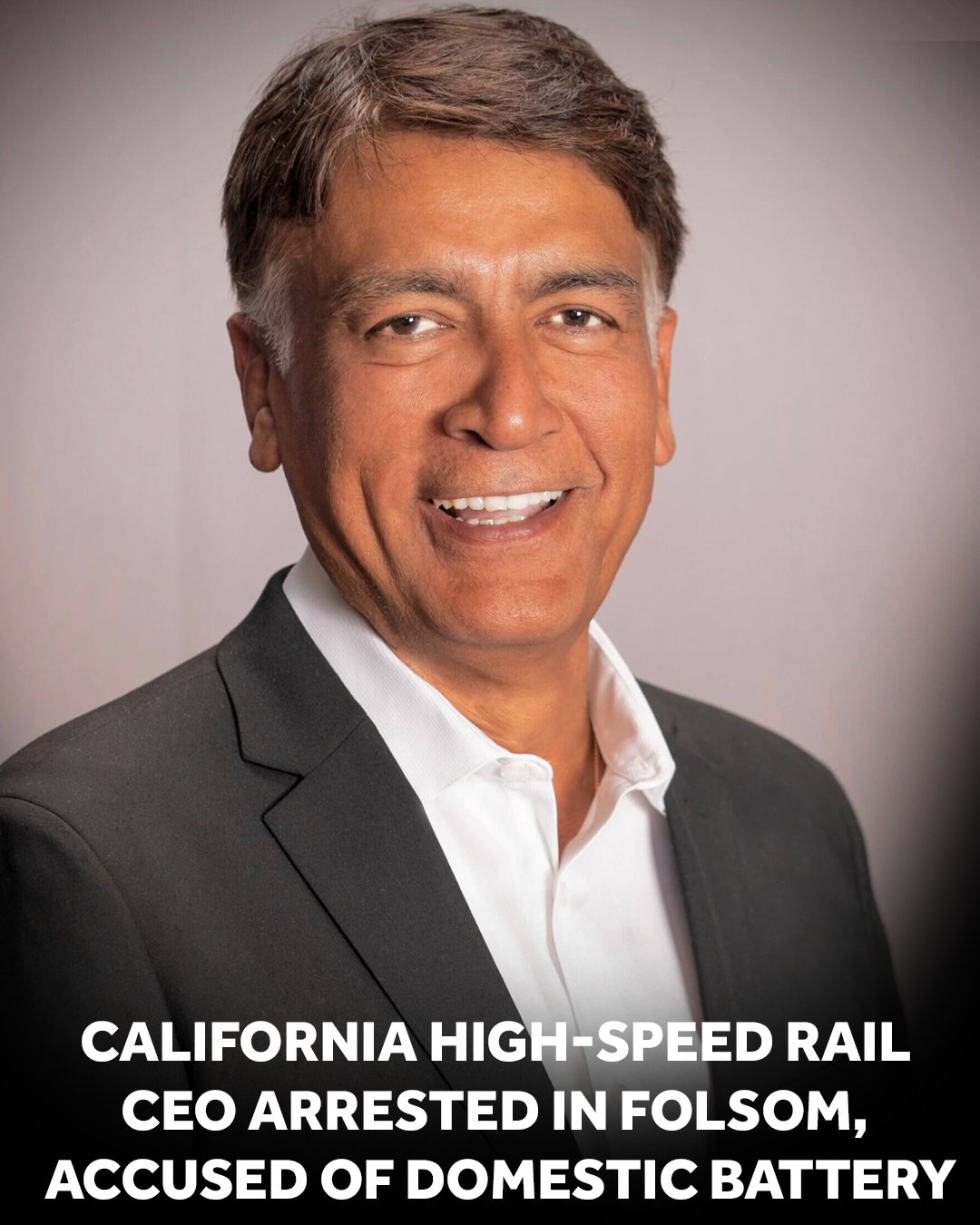The California State Transportation Agency (CalSTA) and Caltrans held a celebration today to introduce new California-made "Venture Car" train sets to the San Joaquin passenger rail service. The event was held at the Rail Maintenance Facility in Stockton, which opened ten years ago to build and service rail cars for Amtrak routes in California and beyond.
Eventually there will be seven new train sets, replacing the aging Amtrak rail cars currently used on the route that provides service between Oakland and Bakersfield (with two daily commute-hour runs between Sacramento and Bakersfield). The rail cars were built at Siemens factories in Sacramento and Stockton.
At Streetsblog San Francisco, Roger Rudick already rode and reviewed the cars, which have been plying the route for at least a month.
Today's celebration was a chance to make congratulatory speeches and to give all the dignitaries a tour of the new cars as well as of the maintenance facility.
These "state of the art trains," in Caltrans Director Tony Tavares' words, are the first new passenger cars to be added to the San Joaquin route "in decades." Ultimately, the state is investing $149 million to build 49 new cars. A second set of cars will launch in two weeks, said Tavares, and all seven sets should be completed by the end of 2025. The new train sets will allow the San Joaquin Joint Powers Authority to restore and increase service on the line as well.
Each will be able to carry 430 riders, and they are designed to be ADA-accessible throughout, with wide aisles "from one end of train to the other" and new platforms that will "allow passengers with disabilities to board independently, while also making it easier for people with heavy baggage or bikes to navigate," said Tavares.
The Caltrans director said this was the "beginning of a truly integrated transportation system in California," as well as "the beginning of the future of California transportation," and "truly a monumental day for rail in California."
Toks Omishakin, Secretary of CalSTA, touted the new train cars as "a game changer for mobility in this state," saying they were an integral part of the state's new "people focus" in transportation planning.
"The way to get there is by focusing on Caltrans' "core four" [principles]," he said, counting them off:
- Safety: "The more that we get people out of that dependence of always having to use a car and get them in passenger rail cars, it's going to reduce conflict points, and reduce crashes on our roadways. The train is a safer way to travel."
- Climate action: "We know this is a cleaner way for people to get about our cities, our regions, and our state."
- Economic prosperity: "We know jobs are created to build, maintain, and operate these trains, and these efforts are also developing [business] nodes in our communities - the economic benefits are very significant."
- Equity: "This is about the affordability of being able to use these trains vs. having to buy gas; it's a more affordable way to travel."
Then he quoted Elijah Cummings, a former Congressman who recently passed away:
"Our decisions about transportation determine much more than where roads or bridges or rail lines will be built. They determine the connections and barriers that people will encounter in their daily lives and thus how hard or easy it will be for people to get where they need to go."
Enthusiasm at the ribbon-cutting was high, despite the cold wind whipping across the maintenance facility. But no one addressed Rudick's concerns about the new rail cars, including: why is there no café car?






